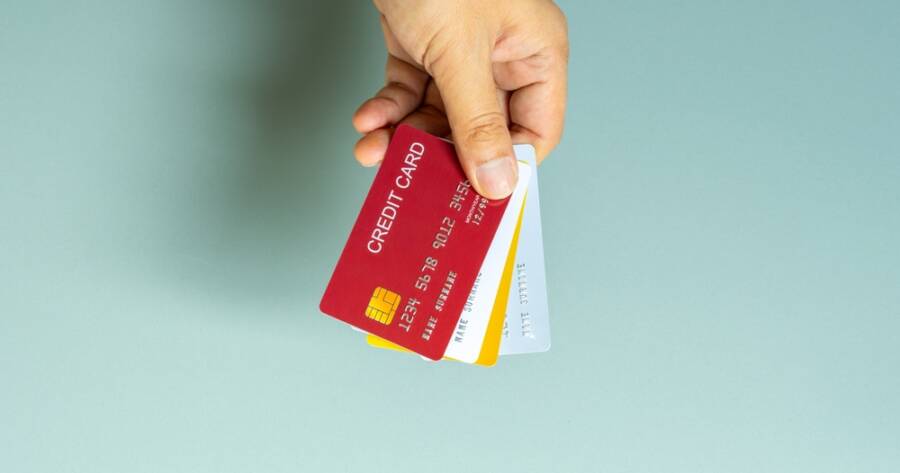From shopping online to paying bills, cards are part of everyday life but not all cards work the same way. Understanding the difference between debit, credit, and prepaid cards can help you make smarter financial choices and avoid unnecessary fees or debt. Each type has its strengths, and knowing when to use which one can give you more control over your money, whether you’re spending, saving, or just starting to build credit.
What Is a Debit Card?
A debit card is linked directly to your checking account and pulls money straight from your available balance. When you swipe your debit card, you’re spending your own money, not borrowing from a lender. Debit cards are great for everyday expenses, like groceries or gas, and they can help you stay within your budget because you’re limited to the funds you actually have.
Debit cards usually don’t affect your credit score, and you won’t incur interest or debt when using one. They’re convenient and widely accepted, but you do need to monitor your balance to avoid overdraft fees. If you’re trying to control spending or avoid credit altogether, a debit card is a safe and simple option.
What Is a Credit Card?
A credit card allows you to borrow money from a credit issuer up to a certain limit. You can spend now and pay later, ideally paying off your full balance each month to avoid interest charges. Used responsibly, credit cards can help build your credit score, which is important for things like loans, renting, or even job applications.
Credit cards offer strong fraud protection and often come with rewards like cashback or travel points. But they also come with risks: if you carry a balance, interest adds up quickly, and missed payments can hurt your credit. If you’re disciplined with repayment and want to build credit or earn perks, a credit card can be a powerful financial tool.
What Is a Prepaid Card?
A prepaid card looks like a debit or credit card but functions more like a gift card. You load money onto it in advance, and once the balance is used up, you can’t spend more until it’s reloaded. Prepaid cards aren’t tied to a bank account or a line of credit, making them a useful tool for budgeting or teaching kids about money.
They’re also helpful for those who don’t qualify for traditional bank accounts or credit cards. However, prepaid cards often come with fees for loading, reloading, or withdrawing cash, so it’s important to read the fine print. If you want to avoid debt and keep spending under tight control, a prepaid card offers a no-risk way to use plastic.
When To Use a Debit Card
Use your debit card for everyday purchases and bills when you want to avoid debt and stay within your means. It’s especially useful for people who prefer not to carry cash or don’t want to risk overspending. Since it’s tied to your bank account, it’s easy to track your spending and manage your money in real time.
However, avoid using a debit card for online purchases or travel-related expenses, where fraud risks can be higher. While many banks do offer fraud protection, it can take longer to recover lost funds from your checking account. Use it when convenience and control are your top priorities, but be mindful of where and how it’s used.
When To Use a Credit Card
Credit cards are best used for large purchases, online shopping, or travel, especially when fraud protection and purchase insurance are important. If you can pay your balance off in full each month, you can take advantage of rewards programs without paying interest. They’re also helpful for building a positive credit history when used responsibly.
However, credit cards can be dangerous if you’re prone to impulse spending or don’t have a clear plan for repayment. Interest rates can be high, and minimum payments often barely make a dent in the balance. Use credit when you’re confident in your repayment strategy, and always view it as a tool, not free money.
When To Use a Prepaid Card
Prepaid cards are great for setting a strict spending limit, you can’t spend more than what’s loaded onto the card. They’re ideal for budgeting smaller categories like entertainment, travel, or grocery spending. If you’re trying to avoid overdraft fees or teach responsible money habits, a prepaid card gives structure without the risks of debt.
They can also serve as a bridge for people who are rebuilding their finances or don’t yet have access to traditional banking tools. Just be mindful of fees and limitations, as they vary widely between providers. Use prepaid cards when you want extra control, less risk, and no ties to credit or checking accounts.
Choosing What Works for You
Understanding the difference between debit, credit, and prepaid cards puts you in a stronger position to make smarter financial decisions. Each card serves a different purpose, and there’s no one-size-fits-all solution.
You might use a credit card to build rewards, a debit card for bills, and a prepaid card for budgeting a vacation. The key is to stay intentional, informed, and aligned with your goals. When you know how to use each card wisely, you take charge of your financial future.

